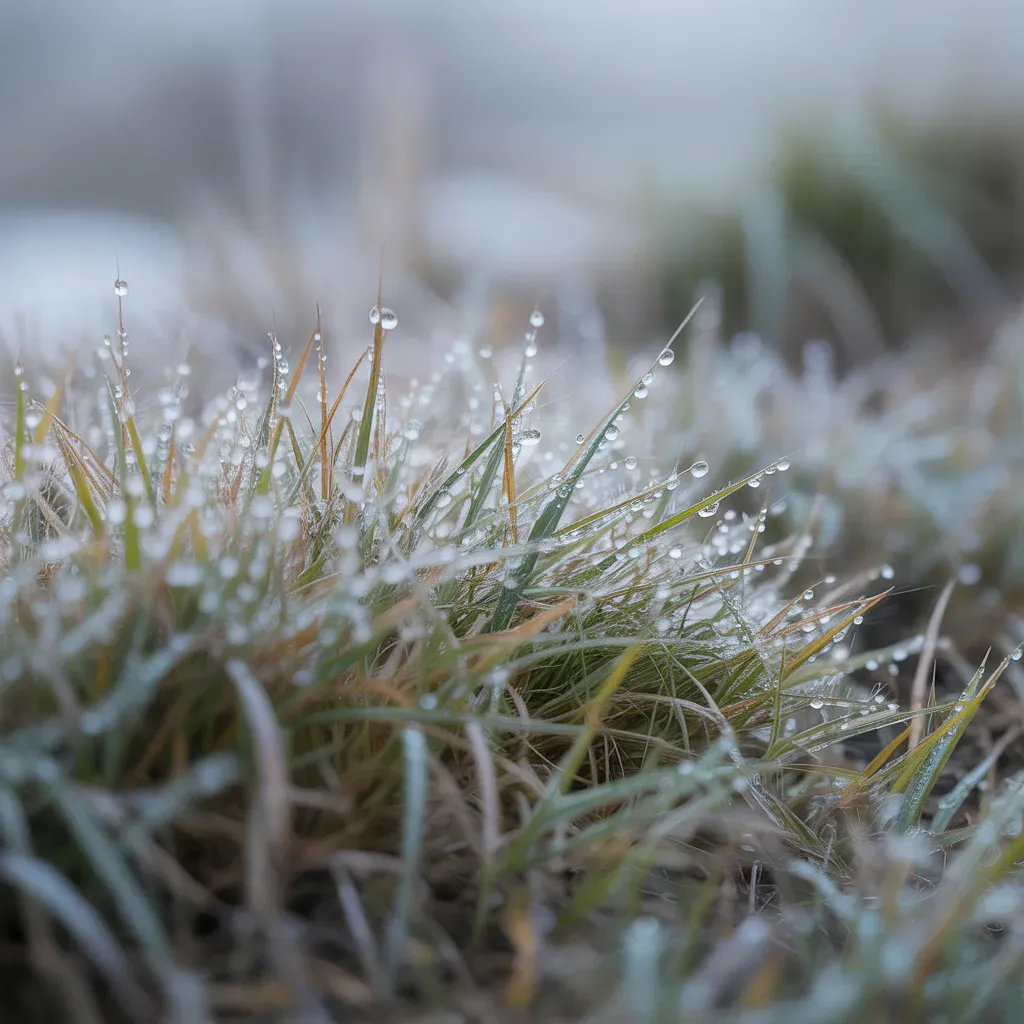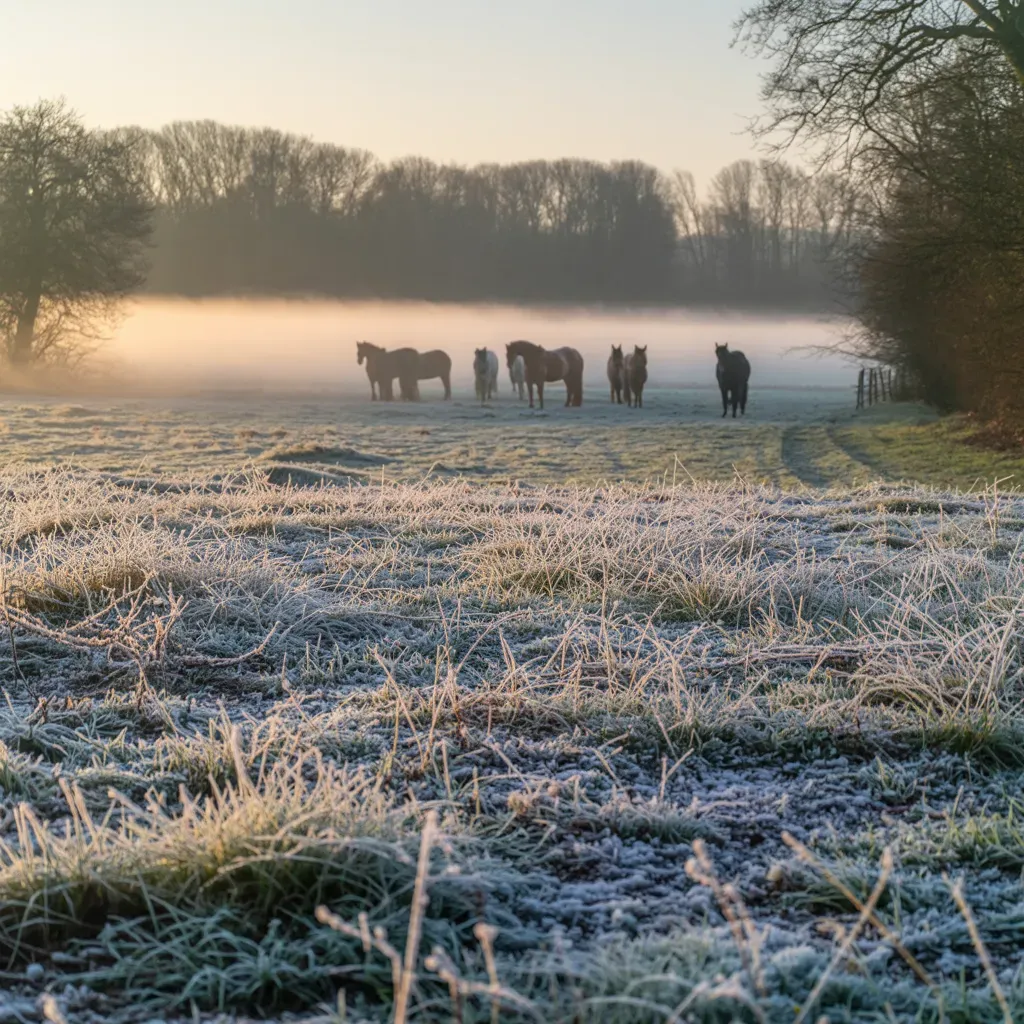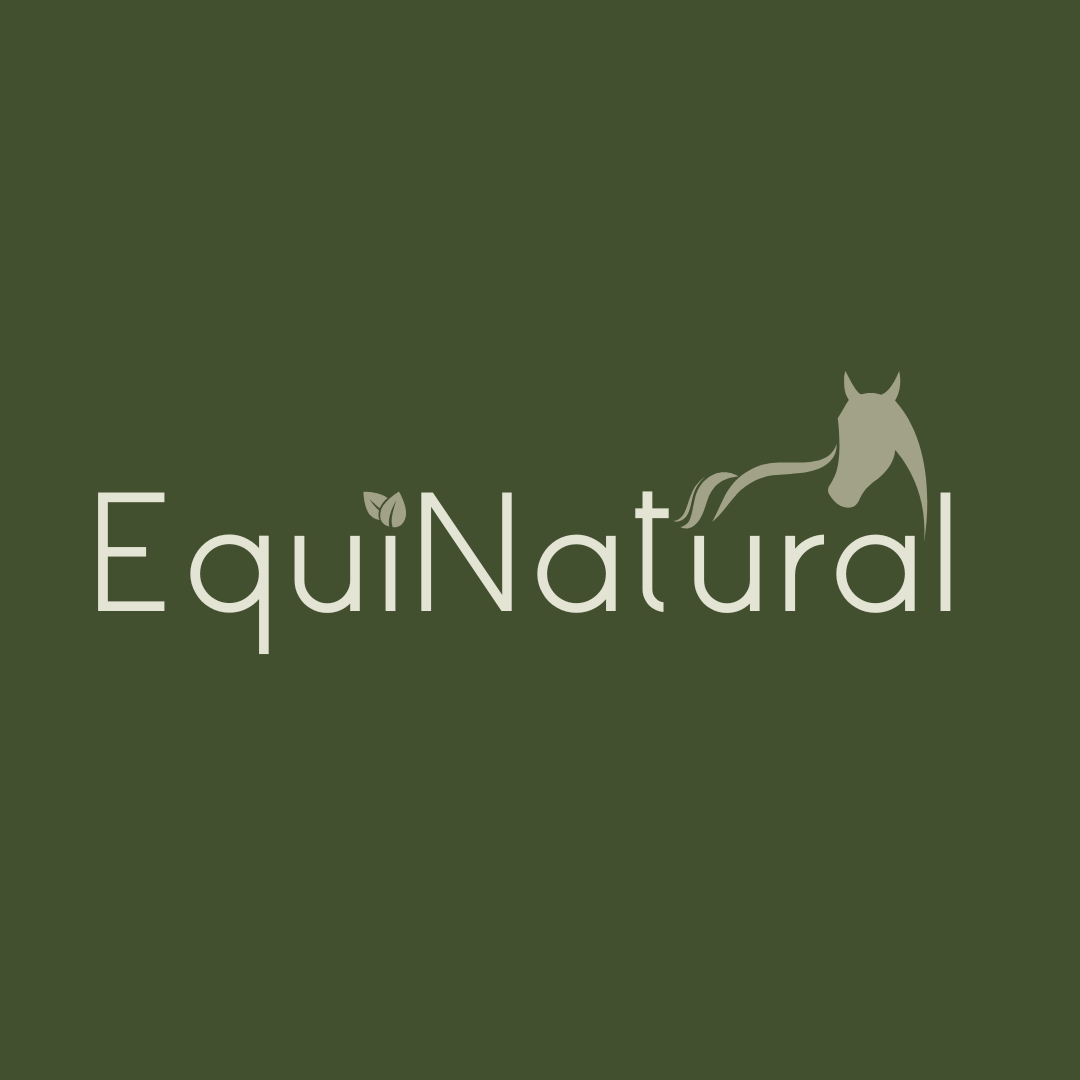Naturally Balancing our Mares' Hormones
I’ve had quite a few enquiries recently from concerned owners struggling to help their ‘hormonal’ mares. Comments like “her hormones seem so out of balance”, “she gets so cross at everything”, “unpredictably explosive”, and “seriously considering Regumate”, are all too familiar, and of course I dig deep and do my level best to get to the bottom of the problem.
Then yesterday afternoon I had a light-bulb moment. I was visiting a client-friend fairly local to me who’s going through the motions with her mare, politely called ‘very challenging’, with much more colourful descriptives behind closed doors.
The howling wind also didn’t help matters – it was a nervy 10-mins or so, trying to get a very suspicious mare out of her field away from her buddies in 50-mph gusts, where we could barely stand up ourselves. We finally got her into the barn, and after a few serious exhales we got down to business.
After a long chat my friend finally said with a huge sigh, how unfair it was that us girls had to endure these horrible hormonal issues. This made me stop and think; it did seem like Girls-Club destiny to go through these irrational, emotional mood and behavioural changes, not to mention the griping pain, throughout our reproductive life and thereafter. As I was driving back to my own horses, I was already giving this subject plenty of thought.
Thing is, hormones are like a symphony; all of them interacting in perfect harmony, yet when one gets out of whack, it has a domino effect on the others. There are many key players in this orchestra – adrenals, thyroid, insulin to name a few, and then there are the female reproductive hormones. It’s not that the female system is designed to be defective, and it’s not the result of some mutant gene that takes over as we age. Yet, like many of us girl-humans, many of our mares experience really dramatic mood changes.
The more I thought about it, the more I kept tracking it backwards to the source, and the more I starterd wondering if these mega-symptoms could be prevented. Looking at the human female as an example, there’s decades-worth of lecturing about our bad habits which can affect the symptoms, i.e. a high-sugar/bad-carbs diet, dairy/gluten, drinking/smoking, not enough exercise, environmental toxins and stress; all major players in the scenario. Not that we can apply booze, fags or milk-shakes to our horses, but certainly poor diet, lack of movement, environmental toxins and stress will play a part. And while for sure our Mellowmare blend may help, maybe there’s also room for improving the whole environment to help our mares.
I wondered if we were talking about treatable symptoms of underlying imbalance in one of the core systems in the body. It’s the How & Why principal again - figure out what creates these imbalances, and treat the underlying problem. A functional approach once more; address the underlying cause(s), create balance, and the symptoms get better.
Let’s face it, today’s world and our lifestyles are lived well out of balance, to the point where we almost learn to accept that not feeling fit, well, healthy and energised is normal. What we’d really like is for our mares to be vital, happy, alert and, above all, thriving, yet typically what we see is:
- weight fluctuation
- swelling, puffiness
- mood swings
- behavioural changes
- lethargy/depression
- inability to concentrate/focus
- pain and anxiety
So, let's press the Reset Button. Diet can be the foundation that helps balance our mares’ hormones, and the first step involves removing the bad stuff, and for us human girls, we know that sugar, caffeine, alcohol, stress and lack of exercise all contribute to worsening PMT and the menopause.
It's a cast-iron given that imbalances in our hormones are triggered by bad food. If we eat sugar, we’ll produce more insulin, more estrogen and more testosterone. Then there are food sensitivities; many horses are sensitive to alfalfa and haylage, with many of our chaffs being alfalfa-based. Antibiotics plus environmental chemicals like pesticides in the air and in our food can act as powerful hormone disruptors. Have our mares been exposed to local crop-spraying of fertilisers etc?
- Supplement Diet aside, there’s a lot we can also do to supplement intelligently. Vitamin D and B vitamins help balance estrogen so make sure there's plenty of skin exposure to the fresh air and lots of lovely stemmy hay going through the hindgut to produce the B-vits in their activated form that the equine gut needs. Ensure calcium levels in grass/hay are balanced to phosphorous and magnesium – high calcium means fizzy and unpredictable, which could easily be misinterpreted as 'mare-ish'. Prebiotics, antioxidants, phytonutrients, and the anti-inflammatory omega-3 by way of linseed can all help to balance hormones.
- Exercise It’s well documented for us human girls that when we exercise, PMT symptoms lessen, so a gentle, stress-free trail ride, with a bit of fun thrown in for good measure, could go a long way to improve symptoms.
- Stress Chronic stress can trigger or exacerbate hormonal imbalances, and it doesn’t stop there. Any kind of ongoing stress, whether mental or physical, compounds upon itself, resulting in significantly affecting the immune system where every systemic response is linked. This triggers a negative cascade on the whole system, which finally ends up in a poorly functioning state.
- Quality Rest Insufficient or poor quality rest can adversely impact the system, with worry/stress/anxiety very often the catalyst for poor quality rest and relaxation. This eventually leads to exhaustion. From here on, everything becomes sluggish; circulation (the life force), desire for food, digestion (so poor absorption of the essential nutrients from food to keep the body thriving), which then leads to poor immunity. The adrenals will now be working overtime on survival autopilot, trying to hold everything together by releasing adrenalin, so we’re now edging towards fight or fly. The problem is that because the system’s exhausted it has neither the energy to fight or fly, so the adrenalin isn’t being burnt off which results in the body ending up in a state of anxious alert, but brain-fogged with it because the body’s so worn out. In a nutshell, it’s vital that stress triggers are eliminated, and quality R&R is in place.
I’m so incredibly lucky with my two girls; they’re wonderfully mellow and manageable, other than a few TB moments on occasion from Carmen. However, I feed a really clean, organic, natural diet, and they live as a herd together with Murphy, there’s no stress in their lives, they live out all year round bar really bad winter weather days, and they’re on a daily supplement regime of our organic herbs and balanced minerals via our EquiVita.
Food for thought eh?
Originally published Jun'17










